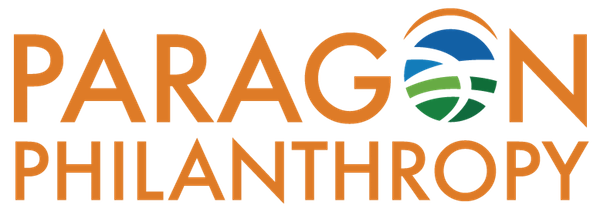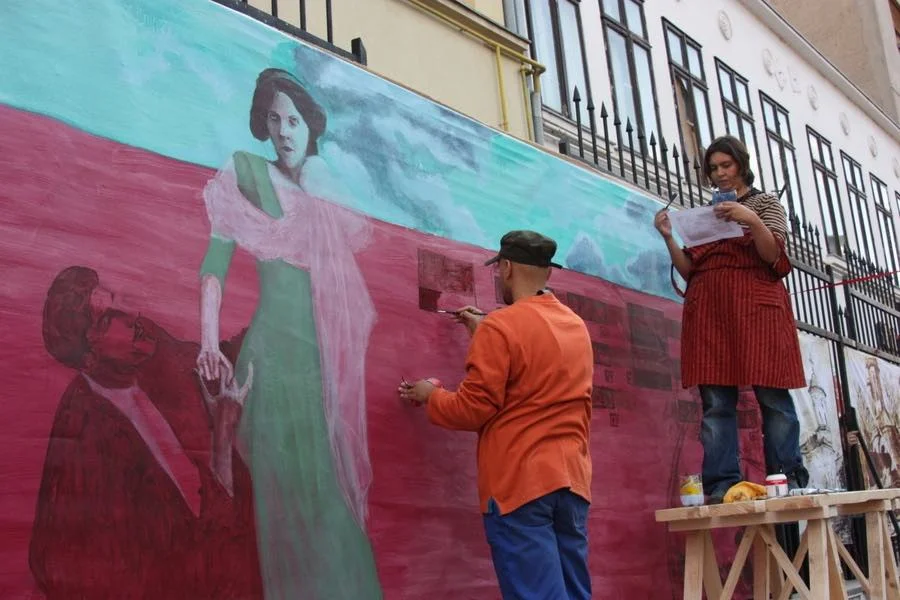Strengthening Civil Society
Civil Society can be defined as an arena, separate from the state, the market and the individual household, in which people organize themselves and act together to promote their common interest. More specifically, it includes the aggregate of civil society organizations (CSOs), nonprofits, and spontaneous citizen-driven movements which manifest the interests and will of citizens. The organized and free engagement of civil society in their own governance, be it at the local, national or global level, is a major hallmark of a participatory society. Paragon Philanthropy provides expertise in the following aspects of civil society through its internationally recognized advisors:
Organizing Civil Society
A vibrant, free, and independent civil society can only function within a positive and supportive legal and legislative context. Since for many governments, this has never been considered a priority, global civil society has, over time, developed a sound knowledge of the basic legal frameworks required for fully supporting an open civil society and appropriate strategies to encourage governmental approval.
Developing Civil Society Organizations
The most successful developmental efforts are those in which there is direct citizen participation. The most recent example was the Arab Spring. This mass engagement of citizens in their own governance was the result of patient work over several decades in empowering ordinary citizens to take their rightful place in society.
Citizen Participation
Paragon's advisors have worked to build local capacity for the effective management and co-management of parks and reserves, including indigenous lands and community-oriented protected areas, in collaboration with national park authorities, indigenous organizations, local governments and communities, and the private sector (gas pipeline operators, tourism agencies).
Grassroots Organizations
In much of the developing world, the social infrastructure remains informal. It often lacks legal status and would not normally fall under the definition of NGOs or even CSOs. Nevertheless, grassroots organizations play a crucial role in the informal economy and are often the most authentic voice of the local community. Because of their informal status, outside support often has to be transferred to them via an intermediary body.
Rural Community Development
Rural poverty is often less visible than the stark poverty of a teeming urban centre. Yet, many of the urban poor are rural transplants who actually have a better quality of life in the city than they have had in their rural village. In many rural communities, the barriers to improvement are more related to class barriers, including access to education, than they are to a lack of natural resources. While the organizing of a peasant group or the creation of woman's groups can be threatening to those who benefit from the status quo, progress is being made in rural areas throughout the globe.
Social Equity
In some societies, class distinctions are so entrenched that the simple reality of one's family name may preclude any opportunity for education or economic advancement. Globally, while it is estimated that women do 60% of the work, they receive 10% of the revenues. While individual freedom is always an important social objective, special efforts must be made to aid those who, for reasons related to religion, ethnicity, or gender, suffer from historically rooted resistance to their efforts to achieve social mobility or justice.
Civil Society Engagement with the Political Process
Political parties are normally considered to be a healthy component of civil society. The majority of CSOs are non-partisan in nature; that is, they are not aligned with a specific political party. Nevertheless, since CSOs often deal with social issues that are directly affected by governmental policies and legislation, they are required to become directly engaged in the political processes relevant to their interests.
Lobbying and Advocacy
Many civil society organizations are involved in lobbying, defined here as protecting their organizational interests; and/or advocacy, defined as efforts to influence public and governmental attitudes and policies regarding specific social issues.
Civil Society and Poverty Eradication
Throughout the world, the civil society experience is that top-down development has little impact on poverty. While it may improve the GNP, it often exacerbates, rather than eliminates, poverty. CSOs are leading experts in bottom-up development where the specific goal is the eradication of poverty rather than the creation of concentrated wealth.
Emergence of Global Civil Society
The reality of modern globalization means that the causes of many social problems cannot be addressed effectively at the local or even national level. In recognition of this, and abetted by modern communications technology, civil societies from around the globe are increasingly working in concert to address these issues.
Civil Society and Multilateral Organizations
With the ever increasing globalization of the world, CSOs, in order to achieve their local or national social objectives, must increasingly function at the global level. The growing governance role of multilateral organizations, including the UN, has made it increasingly imperative for civil society to be directly engaged with these bodies. Consequently, a huge body of knowledge is now available as to how civil society can positively influence and, in fact, democratize global governance.
Principles of Engagement by Civil Society
As with any set of organizations, CSOs constantly face the challenge of ensuring that operations and administrative procedures actually put into action their own stated values. Increasingly, peer groups have been formed to articulate Codes of Conduct and Statements of Principles which guide and encourage a compatibility of values and action.
Advisors
Nigel Martin
Nigel Martin is founding president of the Montreal International Forum (FIM), a Southern-led international think-tank which specializes in the relationship between civil society and the global governance mandates of multilateral bodies. He is the co-author of several books on the subject.
Thierno Kane
Thierno Kane is founder and former director of several grass roots organizations in Africa, and until recently served as Director of UNDP's Civil Society Division.
Ming Zhuang
Ming Zhuang is founder and director of the Social Accountability Knowledge Center in China and has published papers on civil society development, citizen participation, poverty alleviation and social inequality.

